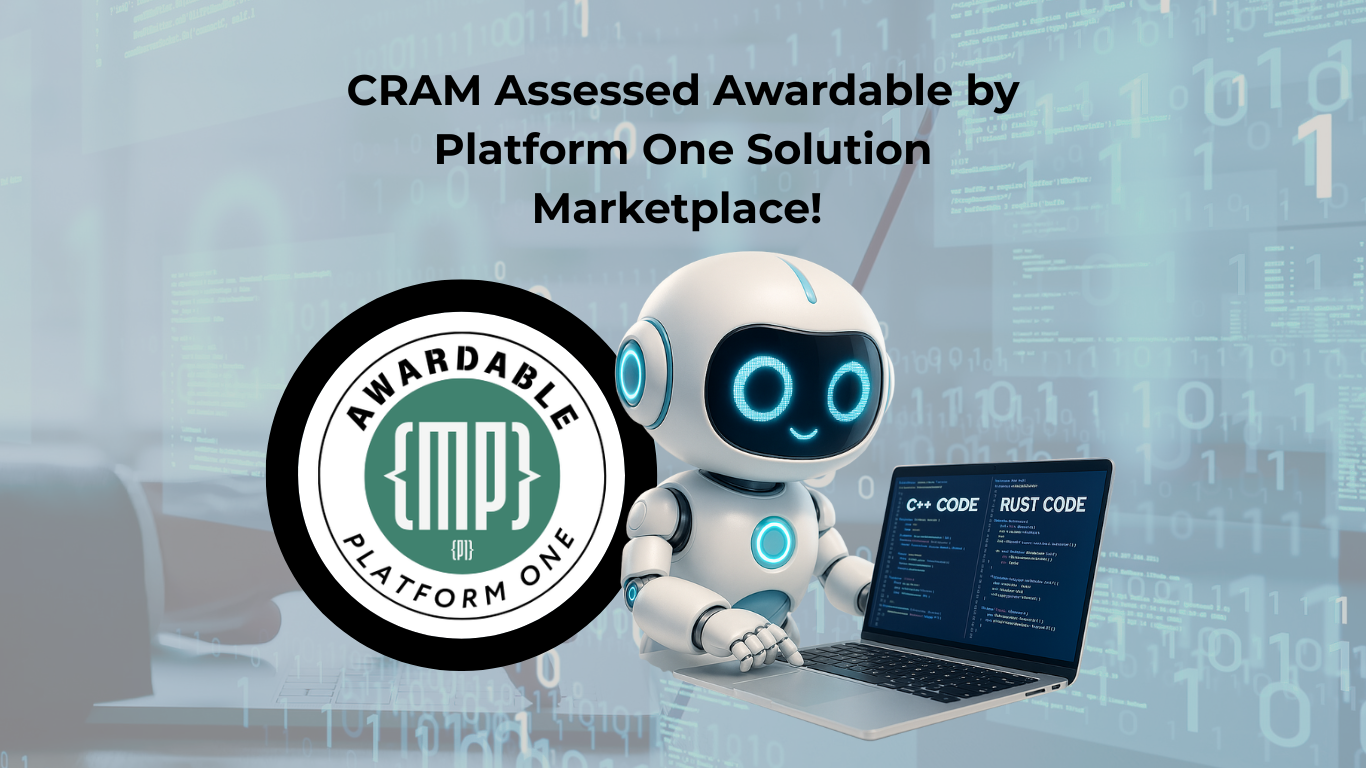Learn
Check out all of GrammaTech’s resources and stay informed
GrammaTalk Blog
Thought Leadership, Industry News and Product Updates
GrammaTALK is our hub for industry news, product updates and thought leadership to help help navigate the world of application security.
view all postsIn the News
The Latest at GrammaTech
From forward-thinking research to industry news and more — the GrammaTech team has a breadth and depth of knowledge that we are excited to share
View all postsWhite Papers
Read GrammaTech reports and technical papers to learn more about our Products, Solutions, and Industry Trends.
-
Open-Source Software Security— Areas of Long-Term Focus and Prioritization
Read MoreComment from GrammaTech. Posted by the Office of the National Cyber Director on Nov 21, 2023.



